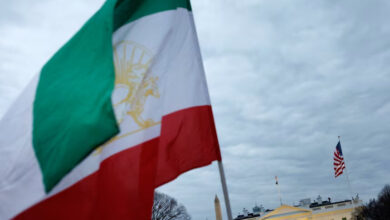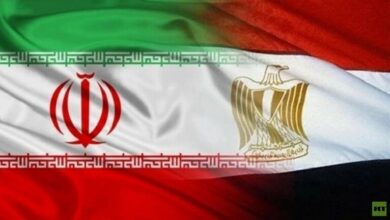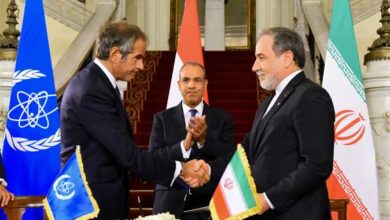Egypt’s Shia community was less than optimistic about President Mohamed Morsy’s visit to Iran to attend the Non-Alignment Summit this week.
“It was merely a protocol visit to hand over the presidency of the [Non-Aligned] movement,” said Shia activist Mohamed Ghoneim. “It does not mean the Shias will be allowed to practice their religion freely [in Egypt].”
Ghoneim also said that Egyptian Shias reject Iranian doctrine, and that there are obstacles for bilateral relations to resume — namely, that Iran occupies United Arab Emirate islands, and that it supports the resistance movement in Palestine, which may have adverse repercussions on Egypt’s border security.
Ahmed Rasim al-Nafis, president the Shia Al-Tahrir Party, said it is difficult for Egypt-Iran relations to resume given the opposition from Saudi Arabia, the United States and Israel. “Morsy should have met with Ali Khamenei, the supreme leader of Iran,” Nafis said. “He is the ultimate decision maker.”
The vast majority of the Egyptian population is Sunni, and religious leaders have said that they refuse to allow the Shia doctrine to spread in Egypt. The authorities have also imposed restrictions on the exercise of Shia rituals, and have halted Shia ceremonies on several occasions.
Iran severed diplomatic relations with Egypt when former President Anwar al-Sadat signed the Camp David Accords with Israel in 1979, and received the ousted shah after the Iranian Revolution of the same year.
Edited translation from Al-Masry Al-Youm




